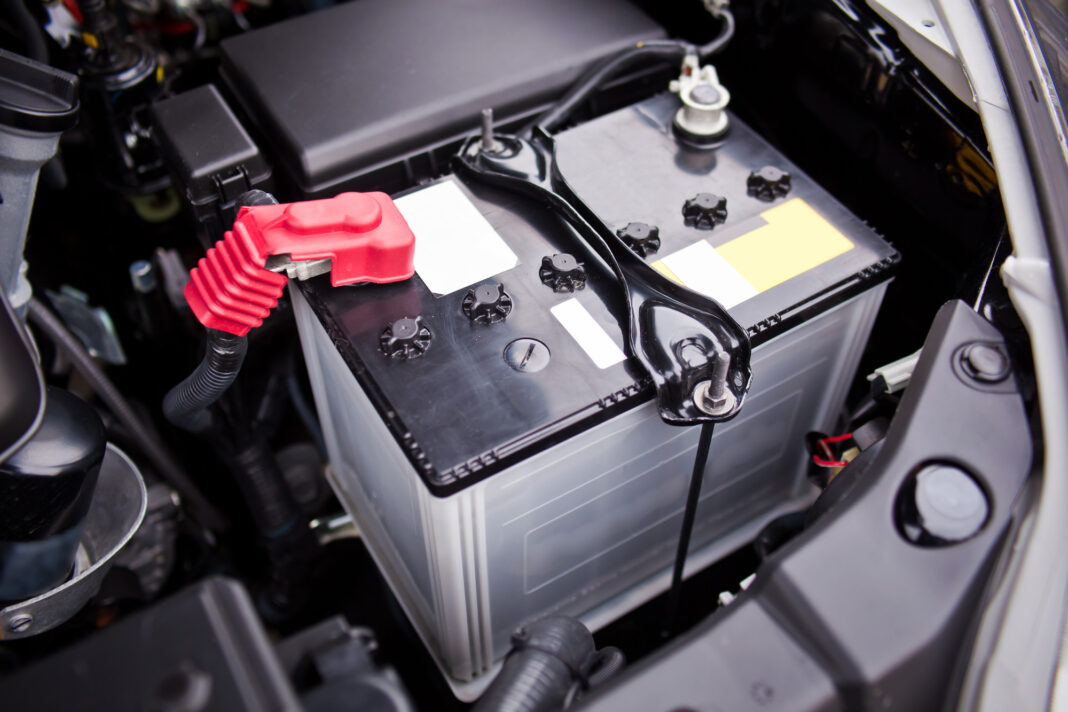Modern car batteries are intended to start your car or truck, power all of the electronics, including the engine, lights, and electronics, and preserve the vehicle’s computer memory. If it empties quickly, there could be a problem with how it charges or how much power is consumed. To prevent a dead battery, first understand what causes it. So, check out these seven things that could explain why your car battery keeps dying, and what you can do about it.
Continual Power Draw, When Parked
Cars often lose charge quickly due to improper car turning off, such as leaving headlights or interior lights on, or not closing doors fully. While some cars automatically shut off lights or send warnings, many still require manual effort. Regularly turning off the car can shorten the battery’s lifespan due to constant drain. To prevent this, check doors and lights before leaving the car to ensure proper locking.
Loose cabel/ corroded battery terminals

Car batteries have positive and negative terminals with cables attached. Before maintenance, disconnect them for safety. Most batteries have plus and minus symbols, with red cables for positive and black for negative. Loose cables can cause battery discharge, flickering headlights, or car problems. Tighten and re-install cables properly, but consider safety when working on electrical systems. Hybrids or electric models should be worked by qualified mechanics. Clean terminals with a brush and diluted baking soda mixture before reattaching cables.
Not properly turning off your car
It’s typical for your car to lose energy quickly because you failed to properly switch it off. For instance, your door or trunk may not be completely closed, or you may have left the headlights or interior light on. Many cars still need physical labor, although some automatically turn off the lights or emit a warning beep if they have been on for too long. The battery’s lifespan may be shortened if your automobile isn’t periodically shut off completely because of the continuous drain. Before you get out of the automobile, make sure the lights and doors are turned off and securely locked.
Faulty alternator
Every time the car is in gear, an alternator replenishes the battery and supplies a steady supply of electricity to the accessories. You can notice flickering lights, hear strange noises, or have other problems with the vehicle if the alternator diode breaks. When you attempt to start your car after the alternator fails, the battery will continue to deplete and eventually fail. You’ll need to jump start your vehicle in this situation in order to give it enough power to travel to a workshop.
Old battery
Over time, a battery may begin to malfunction. The battery in your car may corrode or function less well if it is old and worn out. If your car’s battery exhibits these symptoms, it could be time for a replacement. By having a professional check the battery, you can verify this. The car has run out of life if the battery continues to die even after you jump start it. A battery’s lifespan varies depending on a number of circumstances, including how frequently it is used, the weather, and the amount of strain it is subjected to, even if its average age is five years.
Taking too many short drives
Although starting the engine uses a significant quantity of battery power, the alternator recharges your battery while the engine is running. However, if you travel short distances a lot, the alternator may not have enough time to adequately recharge your battery between pit stops, particularly if your battery is older. The lifespan of your automobile battery may be shortened over time by numerous short drives.
How to prevent your battery from draining
Unplug unnecessary Accessories
Make sure you remove any unnecessary devices that could result in a parasitic draw on the battery before leaving your car parked for a long time. Dash cams, phone chargers, and other electronics fall within this category.
Take Regular Drives
To make sure the battery is fully charged, try to take your car for a 15-minute drive at least once a week. By doing this, the battery’s charge is preserved and an early discharge is avoided.
Clean Your Battery Connections
Regularly check the battery terminals for corrosion and clean them with a solution of baking soda and water to help avoid corrosion-related issues.
Switch your car off properly
Make sure all of your car’s accessories, including the USB ports and phone charging socket, are turned off before you exit the vehicle. Your car’s battery will be depleted if you use the GPS or radio after the engine has been turned off.




